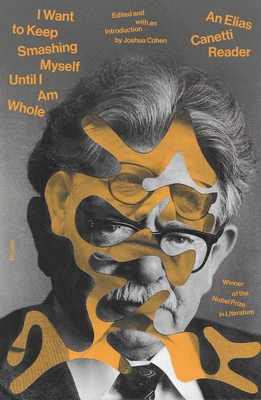What do you think?
Rate this book


396 pages, Paperback
Published September 27, 2022
'It is difficult to believe in the transmigration of souls. Would it not be much harder to believe that one never returns?'
'She herself had a profound need to use German with me, it was the language of her intimacy. The dreadful cut into her life, when, at twenty-seven, she lost my father, was expressed most sensitively for her in the fact that their loving conversations in German were stopped. Her true marriage had taken place in that language—.'
'—in a very short time, she forced me to achieve something beyond the strength of any child, and the fact that she succeeded determined the deeper nature of my German; it was a belated mother tongue, implanted in true pain. The pain was not all, it was promptly followed by a period of happiness, and that tied me indissolubly to that language. It must have fed my propensity for writing at an early moment, for I had won the book from her in order to learn how to write, and the sudden change for the better actually began with my learning how to write Gothic letters. She certainly did not tolerate my giving up the other languages—.'
'It is said that for many people death is a release, and there is scarcely a person who has not at some point wished for it. It is the ultimate symbol of failure: whoever fails on a grand scale comforts himself by thinking it possible to fail even more, and he reaches for that monstrous dark cloak that covers us all equally. But if death did not exist, then we could not fail at anything; every new attempt would rectify weaknesses, shortcomings, and sins. Unlimited time would lead to unlimited courage. From an early age we are taught that, here at least, everything in the known world ends. Limits and narrow straits everywhere, and soon a last, painful strait that we cannot extend. Everyone looks down this narrow strait; whatever might come after it is seen as inevitable; all must bow to it, regardless of their plans or means. A soul may feel as expansive as it likes, but it will be squeezed until it suffocates at a point it cannot determine. What does determine it, that is a matter for the powers that be and not the single soul itself. The slavery of death is the core of of all slavery, and if this slavery were not accepted, no one could wish for it.'